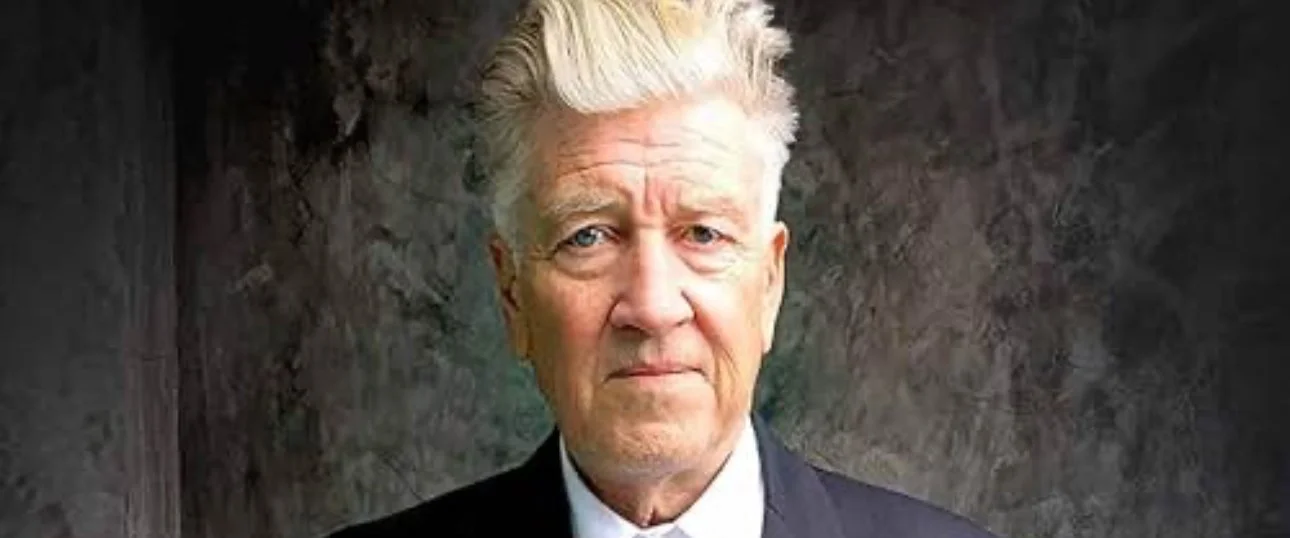With the death of David Lynch came a flood of reflection, including a sobering reminder that much of his final creative stretch was defined by unrealized projects — many of them turned down by studios. Netflix chief among the offenders.
Lynch had pitched them “Unrecorded Night,” which might have been the closest Lynch would ever get to making another project. This was a mysterious project they had initially approved, with Laura Dern and Naomi Watts rumored to star, only for COVID to pause development indefinitely.
Among the very few who saw “Unrecorded Night” in any form is cinematographer Peter Deming, who collaborated with Lynch on “Twin Peaks: The Return.” Speaking to The Film Stage, Deming is giving us the first, and maybe last, details about “Unrecorded Night.”
Shortly before he passed––well, like a year, because it was pre-COVID––there was “Unrecorded Night,” which he had written. I’d read it, and we actually went on one scout, looking at locations. Then COVID hit, so everything shut down and it never rekindled.
Was it a series? A collection of features? More Twin Peaks? Deming clarified:
It’s definitely its own original thing… It was going to be a lot of episodes, because David really liked what he called ‘the continuing story.’… Twin Peaks: The Return, we weren’t really sure how many episodes there were going to be until it got into post-production, because it wasn’t really written that way; it was written as a 550-page film. So how that was sliced and diced really was a post-production question. “Unrecorded Night” was the same way. It took me three sittings to read it because it was so thick, but it was definitely not Twin Peaks. It was definitely a really interesting… mystery, I would say.
When asked about the story, Deming was cautious but revealed it was “another LA canon” for Lynch—an original mystery blending filmmaking and Old Hollywood, likely intended as a sprawling, multi-episode narrative much like “Twin Peaks: The Return.”
Though the series was never realized, the concept sounds unmistakably Lynchian: a dreamlike journey through Los Angeles. Deming goes on to namecheck “Lost Highway,” “Mulholland Drive” and “Inland Empire” as the thematic successors for “Unrecorded Night,” and according to Deming, “number four in that line of products.”
Despite his health issues, Lynch intended to direct the project remotely, but it sadly never materialized. With Lynch now gone, “Unrecorded Night” joins the long list of projects that tease what could have been—but even in silence, it lingers.
If someone were ever granted permission to take on Unrecorded Night, who would be the right filmmaker for the job? Personally, I’d lean toward Bertrand Bonello—his work on last year’s “The Beast” captured a Lynchian tone with surprising precision, and he might be the rare director capable of honoring the spirit without mimicking the style.






